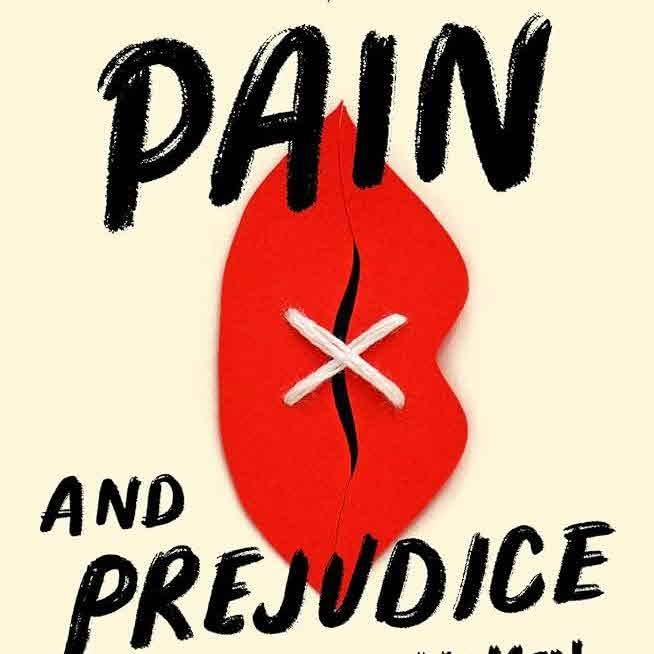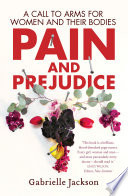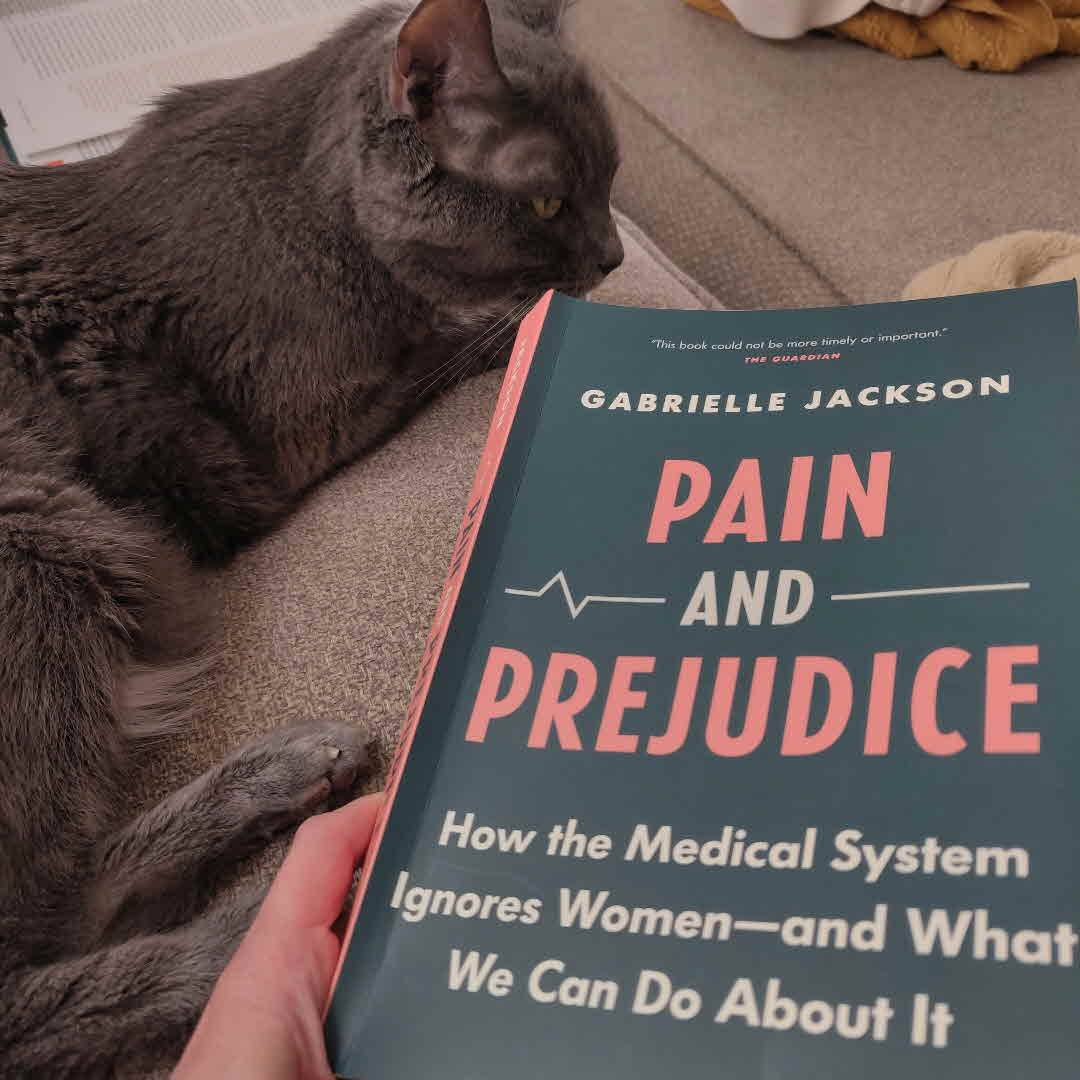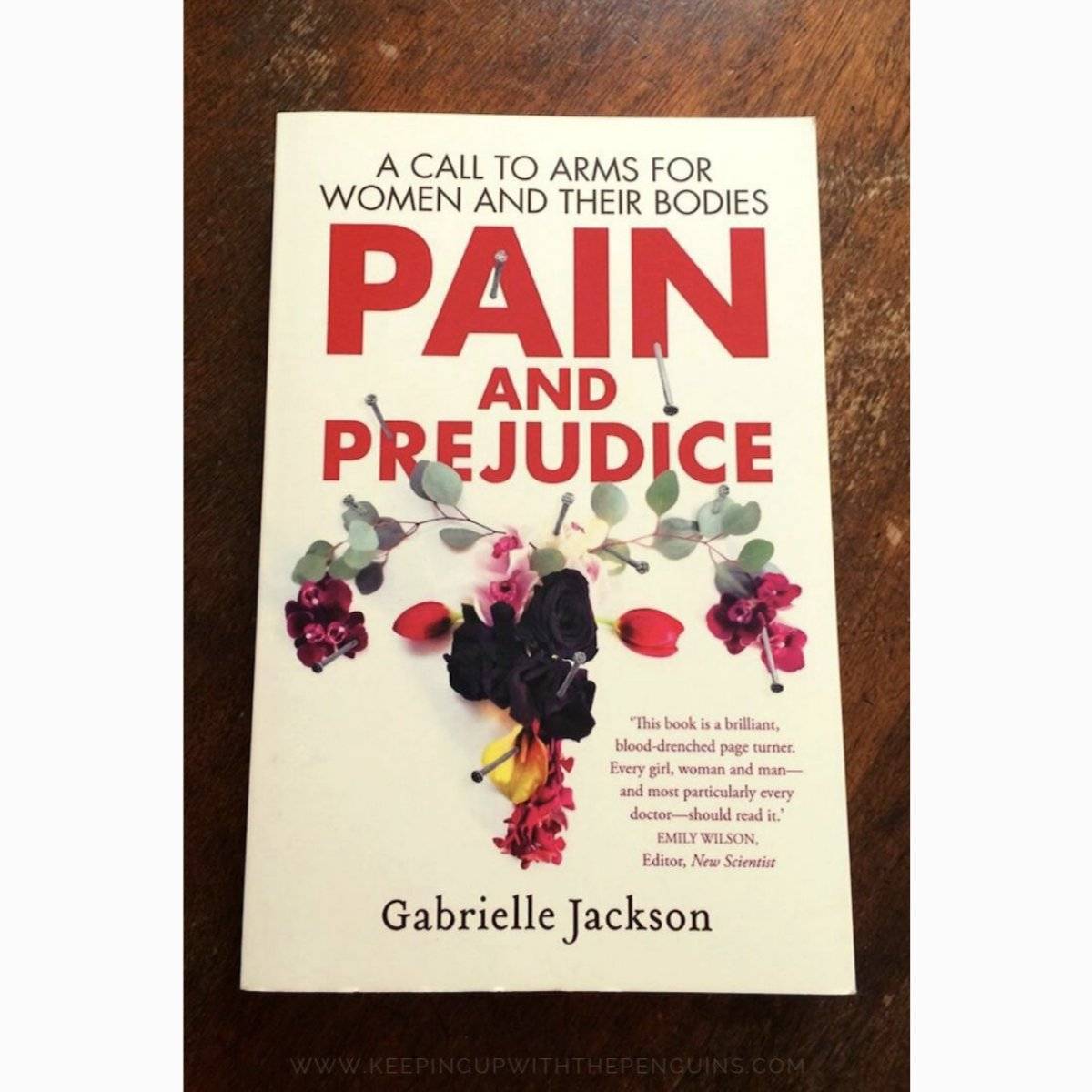Pain and Prejudice: A call to arms for women and their bodies | Gabrielle Jackson
'Women are in pain, all through their bodies; they're in pain with their periods, and while having sex; they have pelvic pain, migraine, headaches, joint aches, painful bladders, irritable bowels, sore lower backs, muscle pain, vulval pain, vaginal pain, jaw pain, muscle aches. And many are so, so tired ... But women's pain is all too often dismissed, their illnesses misdiagnosed or ignored. In medicine, man is the default human being. Any deviation is atypical, abnormal, deficient.' Fourteen years after being diagnosed with endometriosis, Gabrielle Jackson couldn't believe how little had changed in the treatment and knowledge of the disease. In 2015, her personal story kick-started a worldwide investigation into the disease by The Guardian; thousands of women got in touch to tell their own stories and many more read and shared the material. What began as one issue led Jackson to explore how women - historically and through to the present day - are under-served by the systems that should keep them happy, healthy and informed about their bodies. Pain and Prejudice is a vital testament to how social taboos and medical ignorance keep women sick and in anguish. The stark reality is that women's pain is not taken as seriously as men's. Women are more likely to be disbelieved and denied treatment than men, even though women are far more likely to be suffering from chronic pain. In a potent blend of personal memoir and polemic, Jackson confronts the private concerns and questions women face regarding their health and medical treatment. Pain & Prejudice, finally, explains how we got here, and where we need to go next. 'A major contribution to feminist writing of the 21st century' Caroline de Costa, Professor of Obstetrics and Gynaecology, James Cook University 'Gabrielle Jackson deploys facts to tear away the destructive myths that surround women's health' Lenore Taylor, Editor, Guardian Australia 'This book could not be more timely or important.' Katharine Viner, Editor, The Guardian























